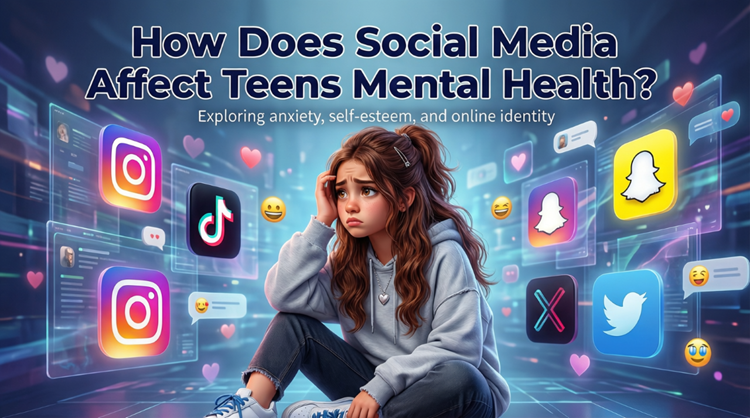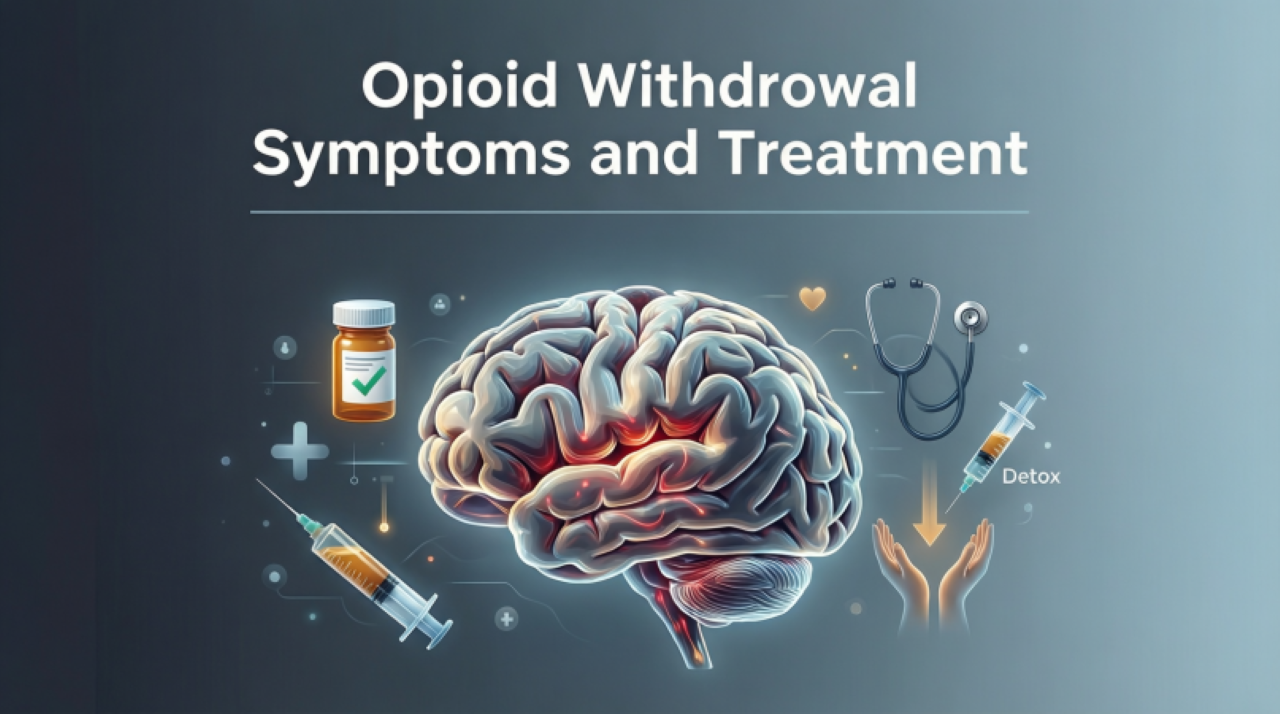Drug or alcohol treatment by medical detoxification is the initial and most important stage in drug abuse recovery. It entails medically monitored detoxification to mediate drug or alcohol withdrawal symptoms safely, lessen health hazards, and establish the patient in long-term therapy.
When you need to know what medical detox is, how it operates, where to seek professional assistance, and, last but not least, whether it is at all necessary, this blog contains the answers to your most burning questions, presented in a clear, direct, and expert-approved manner.
What is Medical Detox?
Medical detox is an orderly, regulated procedure of cleaning up the body or flushing out toxic substances such as alcohol, drugs, or opioid toxins under the care of certified medical experts.
A medically supervised detox has the aim of ensuring the safe management of withdrawals, offering 24/7 monitoring, medications, and support. In contrast to quitting cold turkey, this will be safer, comfortable, and will boost your chances of attaining a permanent recovery.
💊 What is Drug Detox?
Drug detox involves the elimination process of illicit/prescription drugs, including opioids, stimulants or benzodiazepines, and so on, from your body. In terms of drug detox:
- Drugs can be applied to reduce cravings and withdrawal.
- Staff members monitor vital signs and respond to emergencies.
- Sometimes hydration and nutrition care are provided.
The effects of the drug withdrawal process are hazardous and even life-threatening without medical surveillance, particularly in the case of such drugs as heroin, methadone, or benzodiazepines.
🍷 What is Alcohol Detox?
Alcohol detox aims at handling the alcohol withdrawal period. It is necessary since alcohol withdrawal symptoms such as seizures, shakes, or tremors can sometimes be lethal and serious without being treated in a safeguard condition.
- The typical alcohol detox assistance involves:
- Anticonvulsant drugs or anti-anxiety drugs
- Electrolytes and intravenous fluids
- Mental health and moral support
An alcohol detox with medical supervision is both safe and helps get you ready to achieve long-term recovery
⏱️ What Is the Detox Timeline?
The detox timeline varies based on the substance, the amount used, frequency, and individual health. Here’s a general overview:
Substane | Onset of Withdrawal | Peak Symptoms | Duration |
Alcohol | 6–12 hours | 24–72 hours | 5–7 days |
Opioids | 8–24 hours | 72 hours | 7–10 days |
Benzos | 1–4 days | 1–2 weeks | Weeks/months |
Stimulants | Within 24 hours | 2–4 days | 1–2 weeks |
Note: Some symptoms, like cravings or anxiety, can persist for weeks; this is why follow-up care is essential.
🚨 What are Common Drug Withdrawal Symptoms?
Withdrawals can be associated with a change in medication, but can manifest in a multitude of ways that include:
- Nausea, vomiting or diarrhoea.
- Muscle aches/pain
- Insomnia/Fatigue
- Anxiety, irascibility, mood swings
- Intense cravings
- Depression and/or suicidal thoughts (rarely)
All detox treatment plans, though, have to involve emotional support and medical care.
🚨 What are Alcohol Withdrawal Symptoms?
Common alcohol withdrawal symptoms are:
- Shaking (tremors)
- Headache
- Sweating
- Nausa
- Fast heartbeat rate
- Nervousness or hysteria
- Hallucinations (at worst)
- Seizures
Do not go it alone in detox. Without medical assistance, alcohol detox may even be lethal.
🏥 How to Find a Medical Detox?
Looking to know how to locate a medical detox facility nearby? Here’s how:
- Inquire about licensed facilities in which there is at least 24/7 medical care provided.
- Look to see if it is accredited (such as The Joint Commission or CARF).
- Check the insurance cover and modes of payment.
- Question medicine, stay and follow-up.
National helplines are also available as well as seeking directories such as SAMHSA.gov to locate a detox near you.
🌿 Are There Luxury Detox Centers?
Yes. In luxury detoxification facilities, you receive high-quality, exclusive treatment featuring:
Personal rooms/suites
Delicious meals
All body treatments (yoga, massage, acupuncture)
Home-like environments
Individual planning of recovery
These centers are more expensive but offer a more relaxed sense of detox since they feature the comfort of being coupled with medical security.
📘 Detox Treatment: What Happens After Detox?
Detox is only one step. The result of proper detox treatment is the transition of the clients to the next stage of care:
Inpatient rehab to have immersive therapy and medical attention
Flexible treatment in outpatient programs, while staying at home
Treatment of co-occurring mental disorders by dual diagnosis
Community and peer support/accountability 12-step
The long-term problem is recovery and that may not be possible to find the issue of addiction unless the root causes are dealt with. Detox is only a step.
✅ Get Help Today at Florida Atlantic Coast Treatment Solutions
When you have a loved one or yourself in detox because of addiction, you should not face it alone. Florida Atlantic Coast Treatment Solutions provides safe and medically supervised detoxification in a healing environment that is safe and compassionate. We have an experienced team available at any time of the day so that you are assisted throughout the recovery process.
Medical detox starts with a call (844) 643-2287 or a confidential form.

❓ FAQs About Medical Detoxification
What is the difference between medical detox and rehab?
Medical detox helps manage physical withdrawal, while rehab focuses on psychological healing, therapy, and relapse prevention.
Is medical detox always necessary?
Yes, especially for substances like alcohol, benzos, or opioids, where unsupervised withdrawal can be life-threatening.
Can I detox at home?
It’s not recommended, especially for moderate to severe addictions. Always consult a professional.


